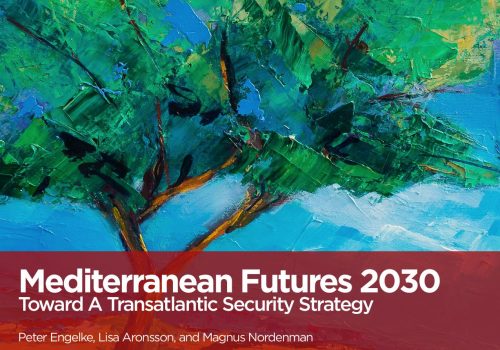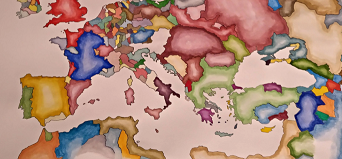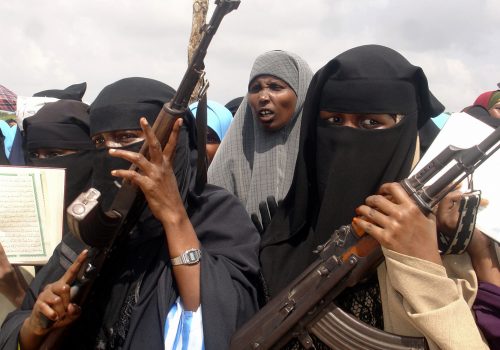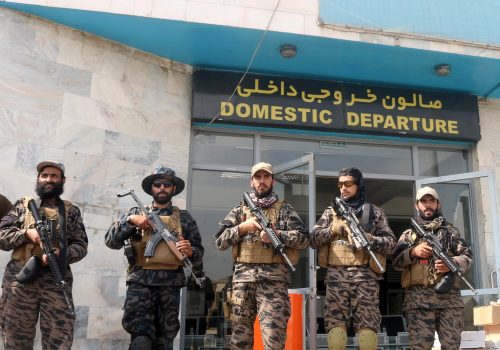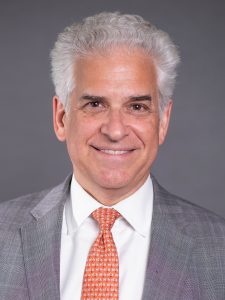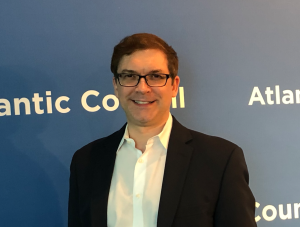About the project
Stabilization efforts too often not only have failed but made fragile environments worse. To improve how large-scale stabilization missions operate around the world, to maximize the impact of the resources devoted to such efforts, and to propose policy and operational solutions, the Atlantic Council is executing a project that promotes better collaboration among the political, military, development, and peacebuilding actors involved in stabilization and conflict prevention. Through a series of high-level private dialogues, the Rethinking Stability project aims to understand how, where, and through what mechanisms these actors can improve their collaboration to prevent conflict and build long-term peace in current and future missions. Along with targeted interviews and research, these dialogues enable senior officials and working-level experts to engage in a frank discussion about the strategic and technical limits of the current “toolbox” of international stabilization operations. With an orientation toward improving future stabilization efforts around the world, the project draws lessons from ongoing operations in the Sahel. The Rethinking Stability project is being undertaken alongside the Atlantic Council’s partner organization, Interpeace.
Critical dialogues
Dialogue #1 – November 2020
The dialogue outlined three broad sets of reasons for why stabilization efforts struggle to achieve their goals.
- First, conceptual ambiguity surrounding “stabilization” has led to competing operational priorities among humanitarian, development, peacebuilding, diplomatic, and security actors.
- Second, stabilization efforts are imbalanced in terms of staffing and funding, which has led to top-down, overly securitized approaches that fail to simultaneously utilize bottom-up approaches to round out overall efforts.
- Finally, stabilization efforts are further undermined by their design, which tends to rely on elite-centric and technical processes with short-term mandates – rather than implementing longer-term measures and financing – and is not inclusive of local input that is focused on rebuilding social contracts
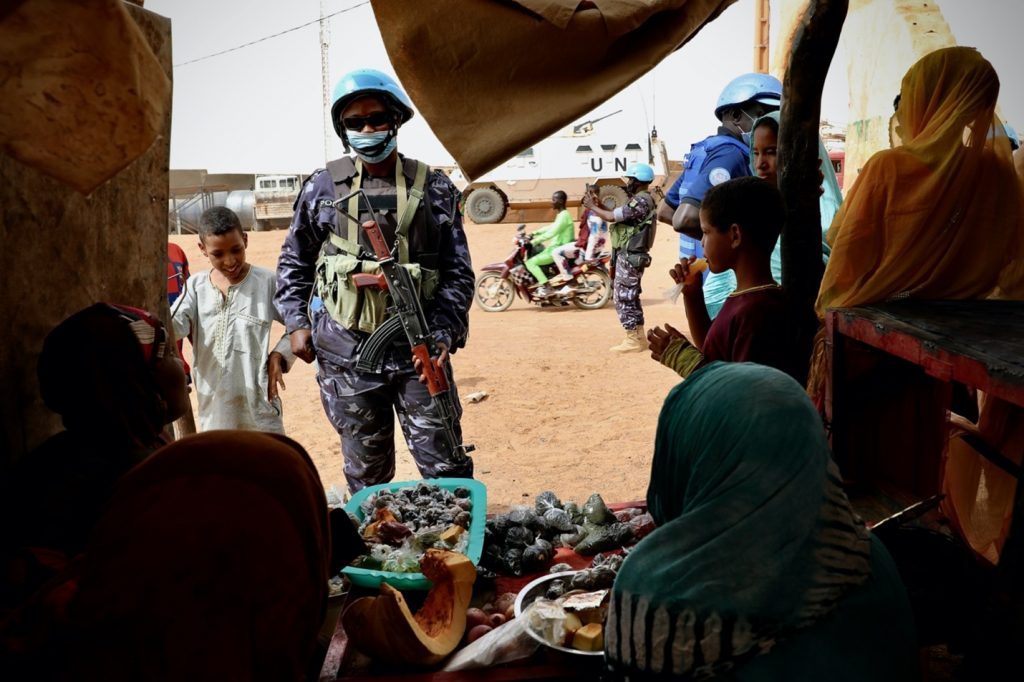
Dialogue #2 – June 2021
The project’s second dialogue brought together a diverse group of experts, stakeholders, and policymakers with the main goal of exploring how transatlantic policy and institutional changes could help overcome or mitigate challenges in stabilization operations. Governmental policies such as the Global Fragility Act, UK Integrated Review, EU Strategic Compass, European Peace Facility, and German Stabilisation Platform were examined in order to address these issues. The dialogue reconnected transatlantic actors with the addition of new faces from the Biden Administration, and continued building the community of practice. Takeaways from the dialogue included the following:
- Agreement that stabilization is a political endeavor and as such, diplomatic services should lead with security and defense efforts in support.
- The rhetorical emphasis on the importance of cooperation among the “Three D’s” (Diplomacy, Development, and Defense) but acknowledgement that on-the-ground roles and objectives differ across institutions.
- Agreement that stabilization mandates are too short.
- Understanding of the need to integrate local voices and experiences.
- Greater clarity of roles and responsibilities between international actors and host governments.
- Awareness that host governments and their militaries/security forces are often themselves the perpetrators of injustices against civilians.
- Awareness that perspectives between international and local actors differ, for example regarding sequencing.
- Awareness that the behavior of international actors on the ground can contribute to extremism.
- Understanding that interventions have limits, with agreement that the goal should be to create conditions for locals to solve their problems without violence, which requires a keen understanding of the viewpoints of local actors and outside capital cities.
- Acknowledgement that new approaches are needed: more interdisciplinary and cross-training of personnel, new hybrid institutional arrangements, and a fresh look at how to incorporate local voices on the ground level while still making headway with governments and elites.
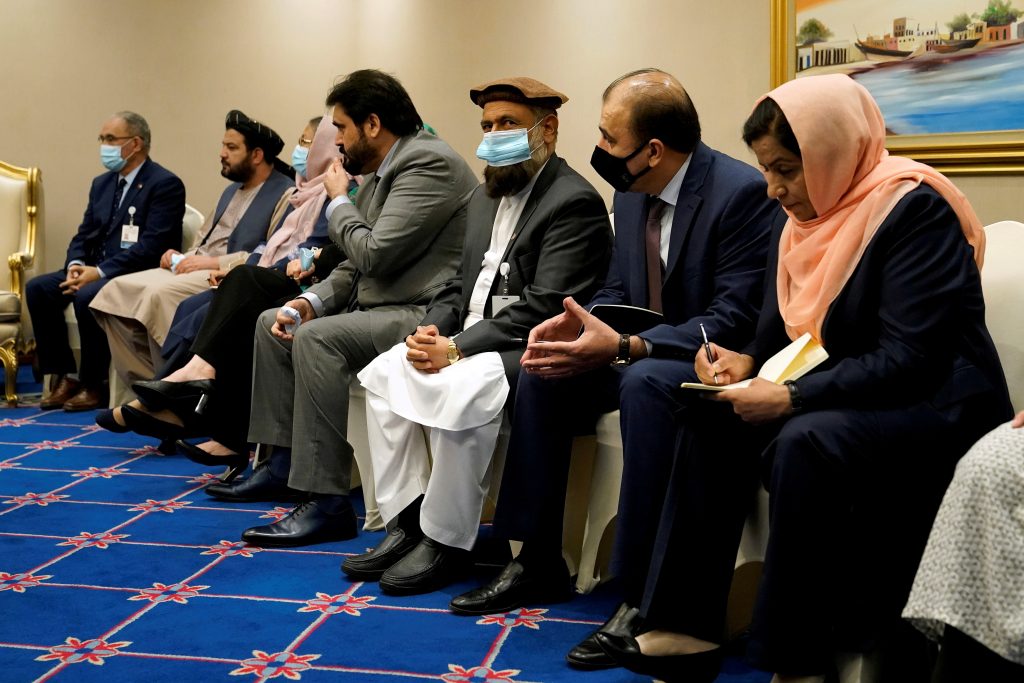
Future work
Additional dialogues will be taking place over the next year to build on these concepts, and to develop hypotheses, principles, and frameworks to tackle these seemingly insurmountable challenges. Stay tuned for updates!
Final report
Stabilisation successes have been scant, and the field appears to be in something of a definitional and operational limbo, where despite their stated purpose of reducing violence and laying the structural foundations for longer-term security, most stabilisation efforts have too often not only failed but occasionally made conflict environments worse. This final paper sets out the project’s key lessons and suggests actionable recommendations for how the field can improve.
Featured commentary
Project team
Related programs
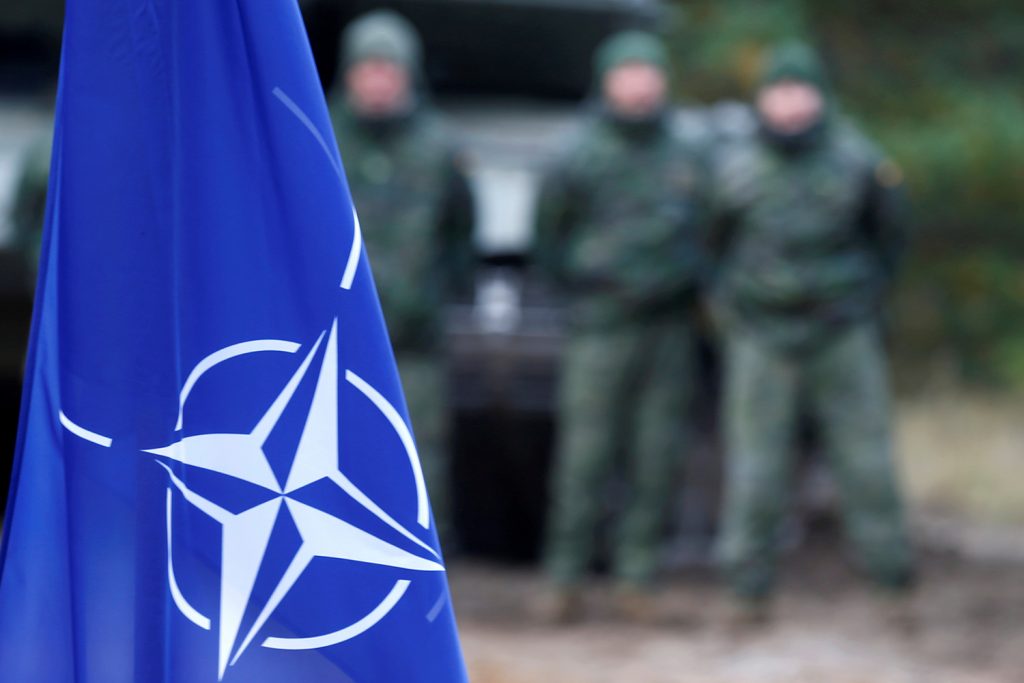
The Transatlantic Security Initiative shapes and influences the debate on the greatest security challenges facing the North Atlantic Alliance and its key partners.
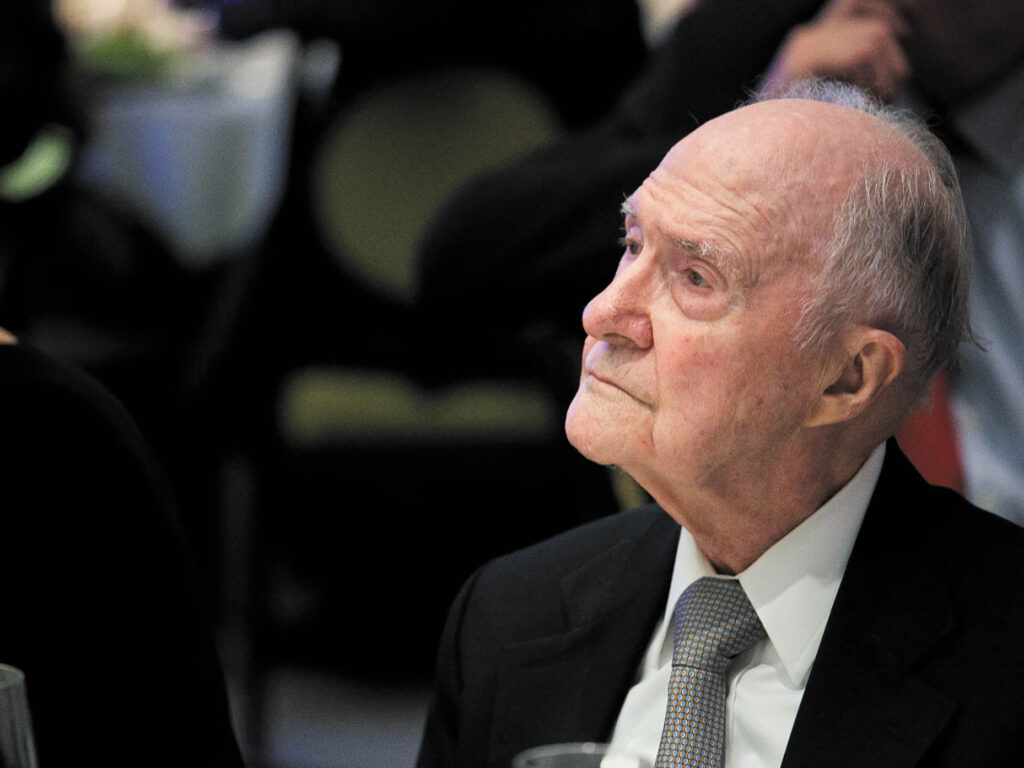
The Scowcroft Strategy Initiative works to develop sustainable, nonpartisan strategies to tackle security challenges.

The Scowcroft Center for Strategy and Security works to develop sustainable, nonpartisan strategies to address the most important security challenges facing the United States and the world.
